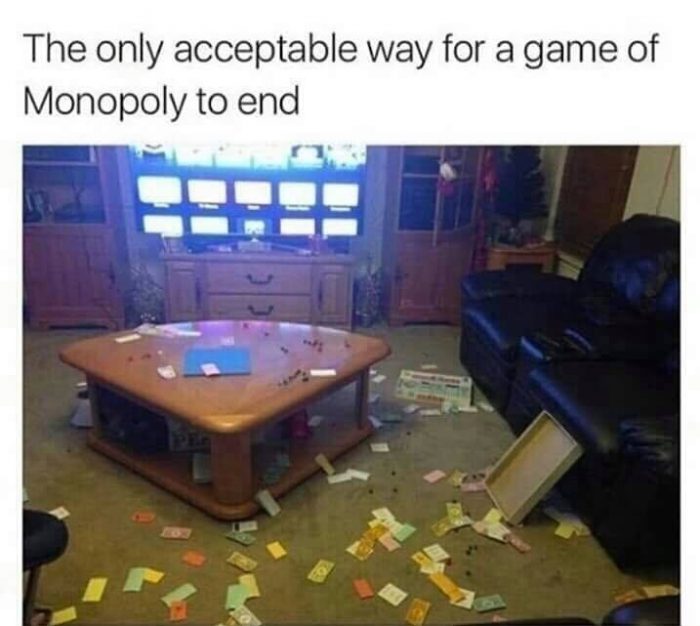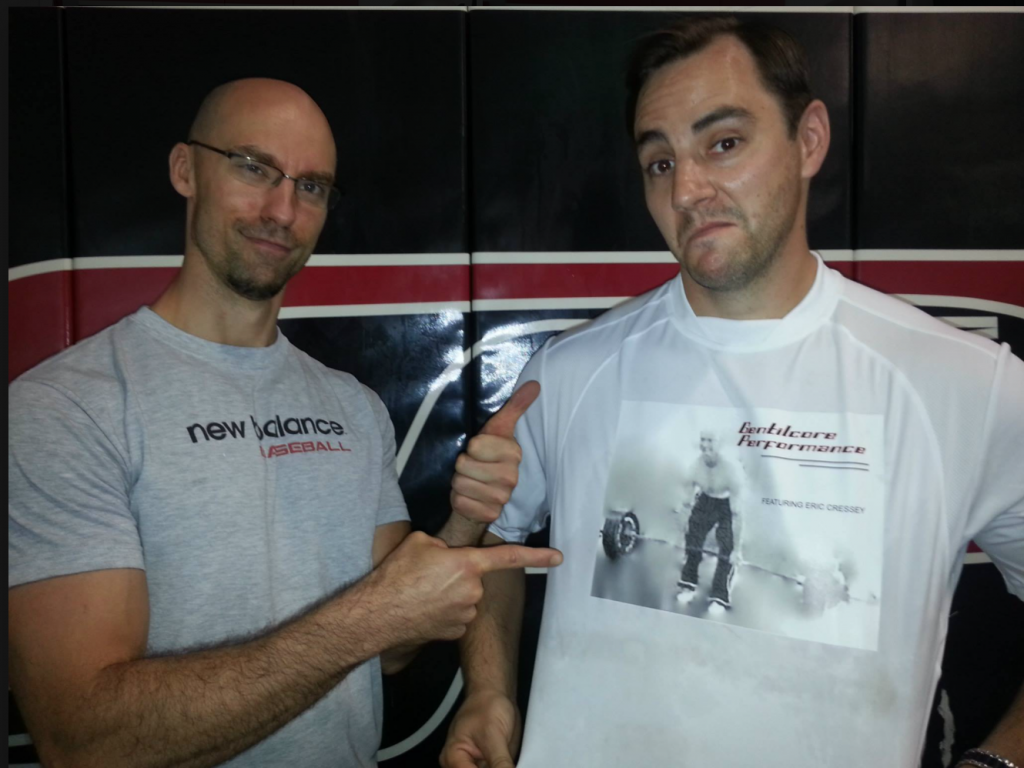Building a Successful Career: Positioning and Intent
I’ll start this post off by saying I’m in no way a business expert on anything except how to keep the mortgage paid on my house and my dogs happy with their current food options. That being said I wanted to share a few tips that I thought could help out newer and even more seasoned trainers looking to get the best out of their careers. This could likely also work with a lot of other professions too, so everyone can play along.

About 10 years ago, there was a global economic melt down, the gym I was working at moved into a broom closet while constructing a new club (which reduced my clientele by two thirds), and my girlfriend at the time (wife now) had just quit her job to start a new one that was immediately a bad situation. In short, it was rough.I knew I had to make a change in how I earned an income, so I started to map out the possible elements that would turn into the business I have today.
In order to build that business, I had to know what my strengths were. I figured I knew a fair bit about training, I could write somewhat coherent sentences, and I was pretty decent in front of a group teaching courses as I’d been doing so for a few years now. That lead me to start this website, and build a few business opportunities around those strengths.
Specifically, I was able to develop arms working in:
- Distance coaching
- Paid writing and affiliate sales
- digital continuing education products
- teaching workshops
My goals were simple when it came to what I wanted to accomplish with this business: help trainers solve common problems they had with their training, make a reasonable income, and create meaningful experiences and relationships.
After putting my website together, I had next to zero for an audience. I’m sure not even my mom cared to read my ramblings on fitness, so in order to grow an audience, I reached out to a few people who seemed awesome and could help a brother out. I began working with Rick Kaselj from Exercisesforinjuries.com and we produced Muscle Imbalances Revealed, my first digital product that could generate some form of online income.
From there I slowly built a small audience, was asked to present at different conferences and workshops, and produced some writing for a few well known sites. Eventually I took the reigns and created my own digital product, Post Rehab Essentials.
Then things started to get weird.
I had some people reach out asking if I would be willing and able to train them over the internet. I had no idea such a thing existed, but I was willing to give it a shot. This was well before everyone with a sixpack and an Instagram account offered online coaching, so I had no idea where to begin, but I figured out a system to assess, coach through video feedback, accept payments, and make it work in a reasonably decent manner where people felt they were getting a decent value for the rate they were paying. Most of it was just crappy self-shot Youtube videos uploaded into a word doc, but it seemed to be alright.
From that, people started to invite me to teach workshops in various locations. Travel was something I’d always wanted to do but rarely thought would happen, so this seemed like a great way to see the world while also not going bankrupt in the process. I traveled to a few places on my own dime because they were great opportunities that I knew would pay off well down the road, but I didn’t have much of a self-funded budget for these kinds of trips.
I still didn’t have a crazy big network (and still don’t to be honest), so I knew if the workshop element was going to work, I would likely have to partner with someone in order to leverage their networks as well. 2 heads are always better than one as it is, so in passing, Tony Gentilcore and I kicked around the idea of co-teaching a workshop series together, and in the summer of 2014, we kicked off our inaugural workshop together at Cressey Sport Performance, cleverly titled “Tony and Dean’s Excellent Workshop.”

Since then we’ve collectively hosted close to 20 events in 5 different countries and are gearing up to run probably another 10 events in 8 countries in 4 continents over the next 18 months, which is mind-boggling to consider.
Now it’s important to understand that I’ve ran through about a decade of time in the past 400 words. It’s easy to look at and think it all just happened, but it was a slow grinding process that happened one day at a time and one person at a time.
Essentially, the only reason any of this happened were due to leveraging my strengths, working on the benefits of networks I wasn’t currently a part of, and working towards the goals of developing those elements of my business. If you put it out into the universe that you want to do something, and then work diligently towards it, good stuff will usually happen. Even if you’re not selling out Madison Square Garden on a regular basis, you can make a comfortable dent in the universe.
Kevin Kelly created a theory called “1000 true fans,” which has been written about extensively by others. In it, he says you don’t have to have a massive network to make a comfortable living, just 1000 people who truly value what you provide. I’d even say in today’s world you could do that with considerably less. In many instances, you don’t even have to have that large of a following, if you can leverage the followings of others effectively.
I don’t feel I’ve accomplished anything that anyone else out there couldn’t do or shouldn’t do. I’m an atypically built slowly balding personal trainer from Edmonton, Alberta Canada with no celebrity clients or sports teams knocking down my door, so my ability to reach the masses is pretty limited. However, by putting out decent content, forming relationships, and working towards reasonable goals and events, I’ve been able to garner a fair bit of success, and specifically succeeded in my goals of recession-proofing my business, providing value, and creating meaningful relationships and experiences.
If I could give any advice to anyone looking to build their own successful career, the key points I’ve discussed in here would be the main recommendations. Figure out what success looks like to you (time, money, experiences, relationships), build around your strengths, and focus intently on working towards those goals. Everyone can have a seat at the proverbial table, they just have to put in the work to pull up a chair.